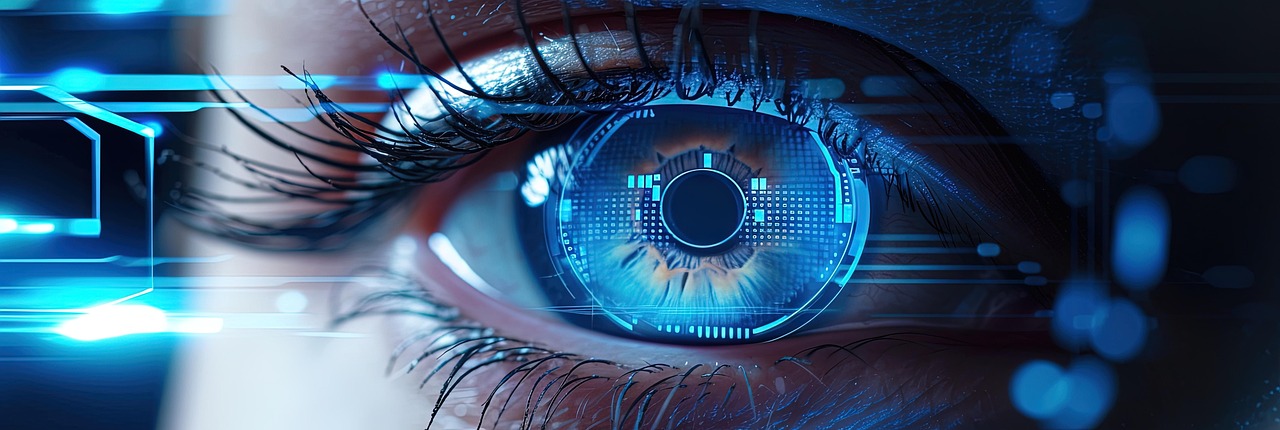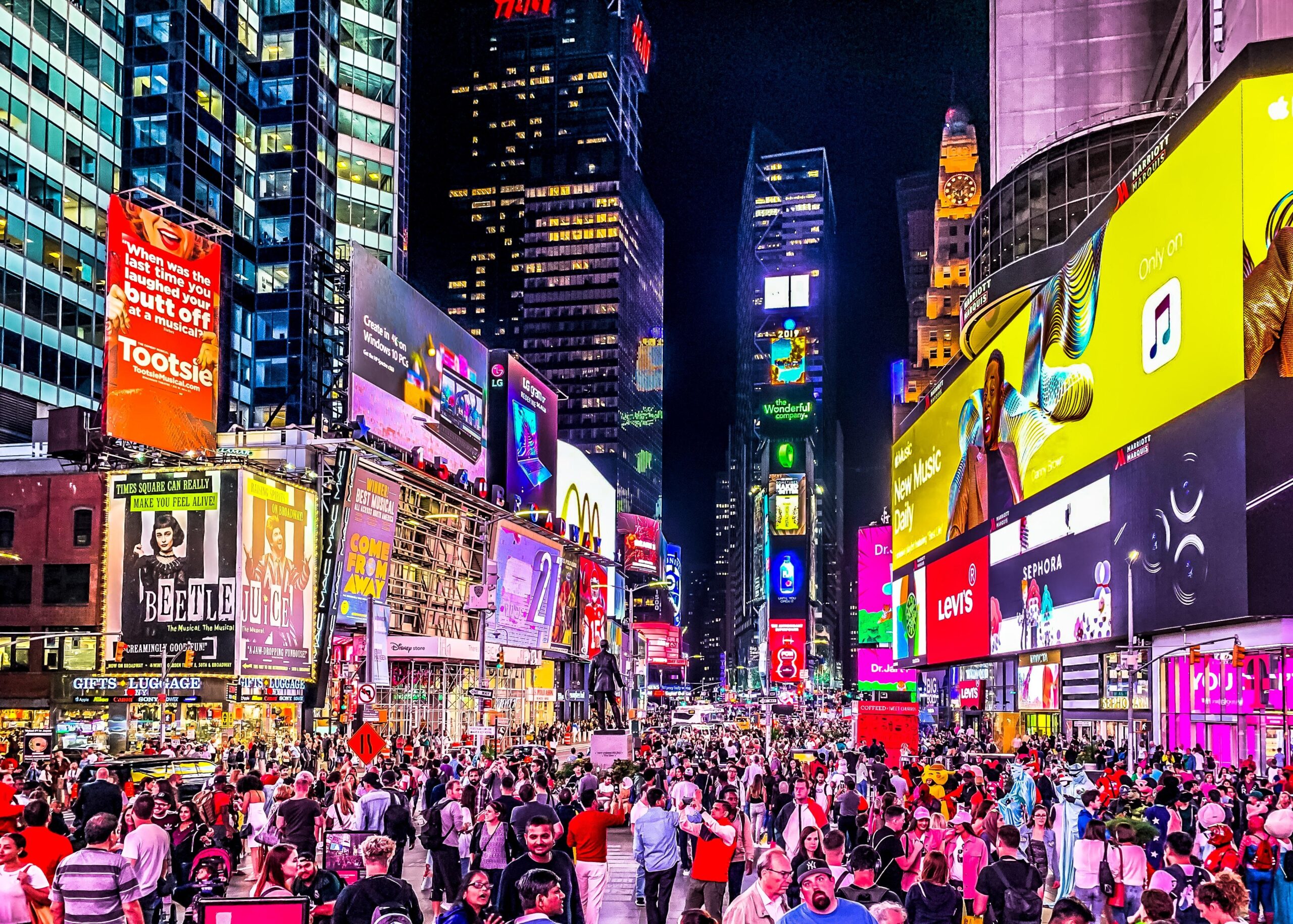
Why You Should Say No To A TSA Facial Scan

Here’s the scene: you’re at the airport, patiently waiting for the mile-long line to move an inch, when a TSA agent points to a camera and says, “Look here, please.”
Seems harmless enough, right? Anything’s fine just so long as you catch your flight, right?
Think again. Behind that lens lies a technology that can compromise your privacy and civil liberties.
The Transportation Security Administration (TSA) is piloting facial recognition systems at numerous airports and plans to expand to over 400 locations nationwide. Framed as a voluntary program that enhances security and efficiency, facial recognition systems possess some far-reaching and unsettling implications.
The Illusion of Consent
The TSA claims participation in facial recognition is optional, but a lot of travelers point out unclear signage and a lack of verbal communication about opting out.
Joy Buolamwini, an AI researcher and founder of the Algorithmic Justice League, has spoken of being pressured to undergo facial scanning at an airport. This coercive environment undermines genuine consent.
Privacy Risks and Data Security
Facial recognition systems collect and store biometric data – that’s your unique facial features. The Department of Homeland Security (DHS) swears up and down that images are deleted after verification, but the lack of transparency is worrisome. Data breaches are not uncommon, and the potential misuse of biometric data is a serious – and very real – threat. Once your facial data is compromised, it cannot be changed like a password.
Potential for Misuse and Discrimination
Facial recognition tech has also been criticized for inaccuracies and biases, particularly against women and people of color. Misidentifications can lead to unwarranted scrutiny or even legal consequences. The American Civil Liberties Union (ACLU) and other organizations have highlighted cases where individuals were wrongfully detained due to faulty facial recognition matches.
Erosion of Anonymity and Civil Liberties
The ability to move freely without being monitored is a cornerstone of an open and democratic society. The increasing use of facial recognition systems contributes to a surveillance culture in which anonymity no longer exists. You’ll wind up being watched at the airport – and everywhere else. Every protest, every public gathering, the events of your daily life will be scrutinized.
What You Can Do
● Opt-Out: Politely decline facial recognition scans at airports. Inform the TSA agent that you prefer manual ID verification.
● Stay Informed: Educate yourself about the technologies being implemented and your rights as a traveler.
● Advocate: Support legislation and organizations that promote transparency and regulate the use of biometric technologies.
● Share Your Experience: If you encounter issues opting out, report them to civil liberties organizations to help document and address systemic problems.
Facial recognition technology might make traveling more convenient, but it comes with significant risks to privacy and civil liberties. As travelers and citizens, we must remain vigilant and assert our rights to make sure that the pursuit of security does not come at the expense of our fundamental freedoms.



